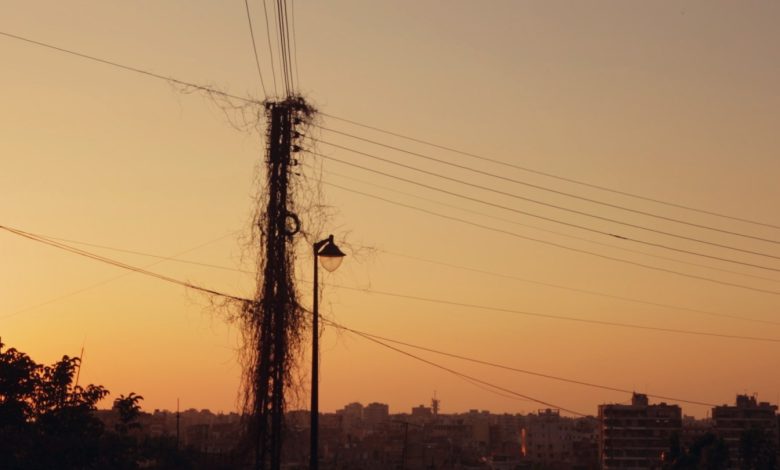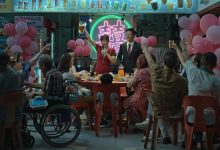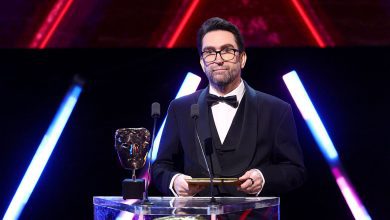Queer Lebanese Director Returns to His Hometown in ‘Tripoli/A Tale of Three Cities’ Trailer (Exclusive)

Tripoli/A Tale of Three Cities, a documentary by Lebanese director Raed Rafei, will celebrate its world premiere in the Frontlight section of the International Documentary Film Festival Amsterdam (IDFA), which runs Nov. 14-24. The Hollywood Reporter is revealing the first official trailer for the film, produced by Rafei via his company Anwar Film and Eliane Raheb.
“Queer director Raed Rafei returns to Tripoli, Lebanon to confront a hometown that once rejected him,” a synopsis for the doc explains. “He interviews the city’s inhabitants about their cultural and social beliefs and their embrace of new ideas. This contemplative urban symphony paints a picture of a city trapped in a self-spun web, paralyzed by a deep economic crisis, a faltering revolution and a looming doomsday.”
Raheb, the film’s executive producer, previously directed Miguel’s War won the Teddy Award at the Berlinale Film Festival in 2021. “
From a queer lens, the film is a poetic reflection on the crucial and dramatic moments that Lebanon has experienced in the past few years in anticipation of the current devastating war,” Rafei said. “Tripoli is my hometown. It’s where I was raised and where my roots are,” continued Rafei. “As a queer child, I have always felt alienated by the city’s heteronormative dominant culture. But since I started residing elsewhere, every time I return to visit, I feel an unexplainable magnetic pull towards it.”
The trailer (below) shows different people speaking out, from one asking, “Why is it important if I am a girl or a boy?” to another one sharing what the Quran says about the punishment for the people of Sodom. Also making appearances in the teaser are such phrases as “doomsday,” “high heels,” “black sheep,” “diversity,” “revolution,” and “phase of collapse.”
“Through cinema, I found ways to reorient myself in the city,” explained Rafei. “The film importantly deconstructs the origins of the homophobic discourse but also explores the depth and complexity of belonging to one’s hometown. My positionality as both a native of Tripoli and an outsider to it allowed me to explore the city’s multiple facets, as both a real space and an imagined, fantasized entity.”
Source: Hollywoodreporter
Related Posts
- Roundball Rocked: With NBA Return Looming, NBC Purges Scripted Roster
- SoundCloud Says It “Has Never Used Artist Content to Train AI Models” After Backlash on Terms of Service Change
- Fox News’ Camryn Kinsey Is “Doing Well” After Fainting on Live TV
- Kerry Washington and Jahleel Kamera in 'Shadow Force.'
Courtesy of Lionsgate
…
- This Alternative Artist Landed a Top-20 Chart Debut With an Album Made Almost Entirely on His Phone





